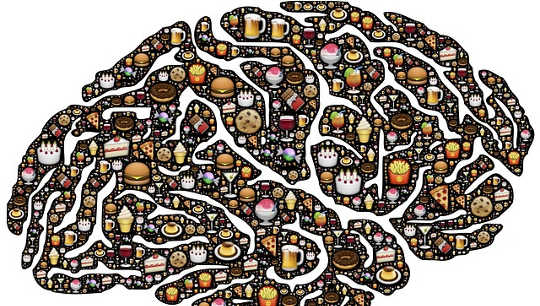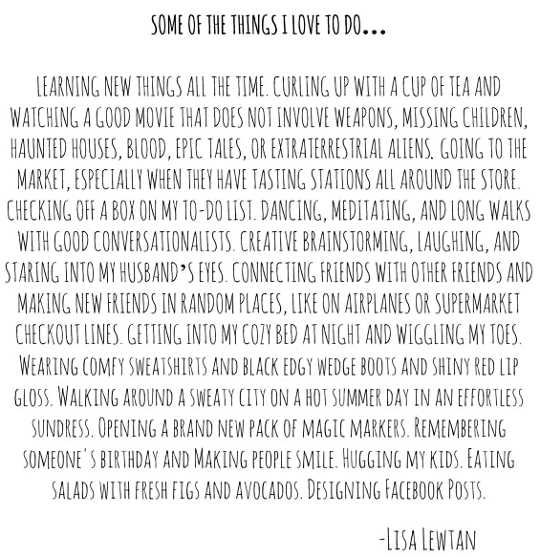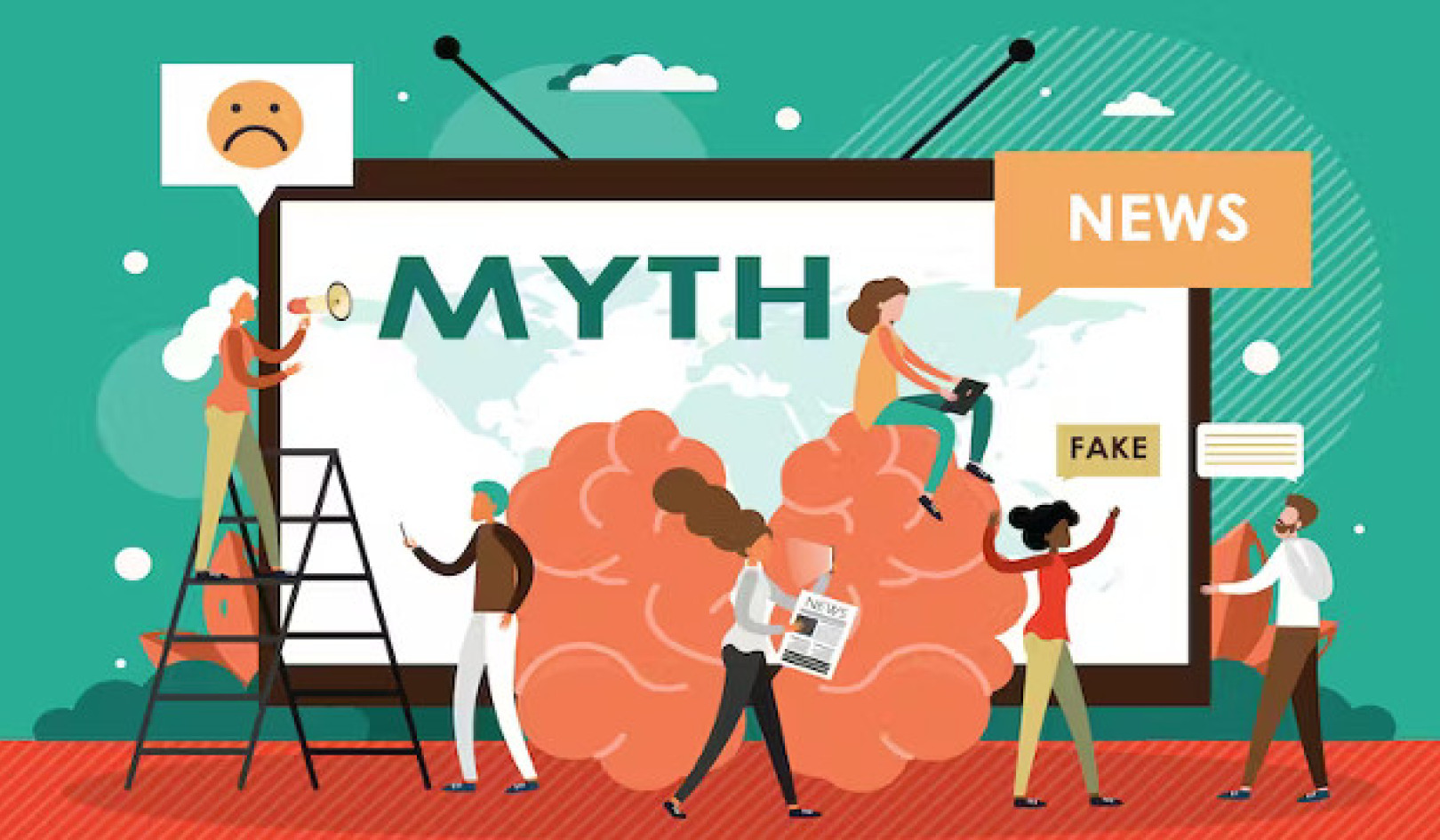
Do you have a daily showdown with your personal cookie monster? Or does your food demon prefer the crunch of potato chips or pretzels? If you're like most people, you've become the underdog in this internal war.
How can you break out of this cycle of torment and guilt? Diets and more deprivation only ramp up the stress factor. And, day-to-day living in this crazy, non-stop world has us living in our heads and ignoring our bodies. This means we miss out on vital clues to our wellbeing. We stifle many of our physical and emotional needs with our go-to quick fix: food.
Mindful Eating Decreases Emotional Eating
Yet, a recent study found that eating "mindfully," or in response to the body's signals, decreases emotional eating. Paying attention to the food you're eating as you eat, and to how it makes you feel afterward, can help you understand whether you're eating to satisfy a hunger, a habit, or an unsatisfied emotion.
Investigative your food cravings by following these 7 essential strategies:
1. Ditch the guilt. To be successful, you must remove all negative judgments that you ascribe to your body and your behaviors. Instead, look at all the symptoms and habits as simply data. There's no room for shame or self-deprecation while you investigate your food cravings. All the symptoms of weight, ailments and unhappiness are clues to solving the mystery of your personal health.
2. Pay attention to physical clues. As you investigate your food cravings, you need to observe any aches and pains, bloating and cramps, brain fog or energy level, along with sleep quality and weight gain or loss. These telltale signs are evidence of your body's wellbeing.
3. Make note of emotions. What is your overall mental state: Happy? Fearful? Angry? Bored? Do you experience mood swings through the day? Are you annoyed, anxious, or feeling alone? While so much mental energy is spent on resisting or giving in to food cravings, you may soon realize that what you're really struggling with are issues such as keeping kids on schedule, helping sick parents, or managing work deadlines.
4. Evaluate your life. Take a close look at your life as a whole. Ask questions like: "Am I having enough fun in my life? Do I have meaningful relationships? Do I have creative outlets? Am I learning new things?" Look for areas of your life that you may have ignored, but that need attention. Your appetite may have little to do with food.
5. Look for the root cause. When a craving pops up, treat it as a clue. Ask yourself if the craving for a brownie could be pointing at some other need you have at that moment. Does your body need something that makes it feel better? If you ate the brownie, would it address the real need? Or, would something else better satisfy the need--like a nap, a walk, or a hug.
6. Explore your food triggers. Try to become aware of when you're eating due to an emotional trigger. Oftentimes, you may think you're hungry when you're actually tired, stressed, or feeling bad in some way. Before grabbing a snack, take a deep breath and evaluate the situation as an objective observer. Ask: "What am I really hungry for?" Paying attention to what you feel under the "hunger" is the first step in breaking some bad habits.
7. Cultivate a new awareness. Think about the impact that eating a particular food has on your body. How do you feel physically after you eat it? Notice which foods leave you feeling sluggish or craving more, and which make you feel light and energized. Once you realize that eating crap makes you feel like crap, you'll begin to put healthier food into your body. You'll enjoy the healthful feeling and the newfound freedom from your food cravings that result.
Food for Thought
See if you can be aware of when you’re eating due to an emotional trigger. When you experience your various emotions and you find yourself eating, what, exactly, are you putting in your mouth? Is it crunchy? Mushy? Loud? Does it dissolve in your mouth? Is it creamy? Salty? Silent?
we can tune into the eating experience we desire and make substitutes. Instead of grabbing potato chips, a big fat carrot will still give you a crunchy, loud eating experience that some of us desperately want when we are stressed. You can even find crinkle cut carrots that give you a potato chip texture. Chia pudding can give us that creamy sensation when we are craving the comfort of ice cream.
I personally need to do periodic check-ins to determine what makes me happy and satisfied so that I don’t just turn to food. Not the big happies like going on vacation, but the little daily ones that really matter and make life sweet. Sure, there are the obvious things like hanging out with friends or watching my children do something kind, but what about the simple ways that I can make myself happy in the moment?

If ALL of These Things Give Us Joy, Why Do We Turn to Food?
Why do we turn to food instead of the things that will get us closer to what we really need and love to do? I think it’s because food is easy. It’s always available and it only takes a few minutes for the fake feeling of satisfaction to make us feel like we’ve taken care of ourselves. Often, we are putting food in our mouths way before we think about what else we could do to make ourselves happy.
Sadly, the food fulfillment fades fast and we are left with the underlying feelings that surface and can’t be satisfied until we do the real investigative work to increase our joy.
Assignment: What Brings You Joy?
It’s time to make a list of some things that bring you joy on a daily basis. Notice the areas of your life that have been ignored for too long and need some attention NOW.
If you love learning new things but haven’t been doing that lately, you may want to download an informative book on tape, subscribe to an interesting podcast, or just read for a ten minute break. This may prove way more beneficial than that cookie.
If you find that you are not getting enough tranquility in your life, consider using that ten minute break to get outside in nature. Breathe deeply. Connect with yourself. Take a walk.
Take some time to really think about the activities that you love to find yourself engaged in. These are things you do where you lose track of time. You feel nourished when you take part in these activities and they leave you with more energy after you do them with no desire to take away from the joy of doing them by stopping to put food in your mouth.
Fitting the things you love into your daily life will make you happier and less interested in using food as your only pleasure. They might be simple little things like sitting by the fire or drinking a cup of herbal tea. Look at my list for inspiration but then think about what lights YOU up.
Once you have your list, tape it inside your cabinets, inside the fridge, inside your car. The next time you are hungry or find yourself mindlessly eating, you can look at this list and then consciously choose what will really feed your soul.
Post a picture of your list.
©2015 by Lisa Lewtan. Reprinted with permission of the author.
Article Source
 Busy, Stressed, and Food Obsessed!: Calm Down, Ditch Your Inner-Critic Bitch, and Finally Figure Out What Your Body Needs to Thrive
Busy, Stressed, and Food Obsessed!: Calm Down, Ditch Your Inner-Critic Bitch, and Finally Figure Out What Your Body Needs to Thrive
by Lisa Lewtan.
Click here for more info and/or to order this book.
About the Author
 Lisa Lewtan is a Healthy Living Strategist and founder of Healthy, Happy, and Hip, which provides one-on-one coaching, workshops, retreats, and support groups for clients. Her new book, Busy, Stressed, and Food Obsessed (2015) provides tools to help highly successful Superwomen to slow down, chill out, develop a better relationship with food, and feel great. Her articles have been featured in numerous publications, including The Huffington Post, Better After 50, and MindBodyGreen. Learn more at www.HealthyHappyandHip.com.
Lisa Lewtan is a Healthy Living Strategist and founder of Healthy, Happy, and Hip, which provides one-on-one coaching, workshops, retreats, and support groups for clients. Her new book, Busy, Stressed, and Food Obsessed (2015) provides tools to help highly successful Superwomen to slow down, chill out, develop a better relationship with food, and feel great. Her articles have been featured in numerous publications, including The Huffington Post, Better After 50, and MindBodyGreen. Learn more at www.HealthyHappyandHip.com.
























